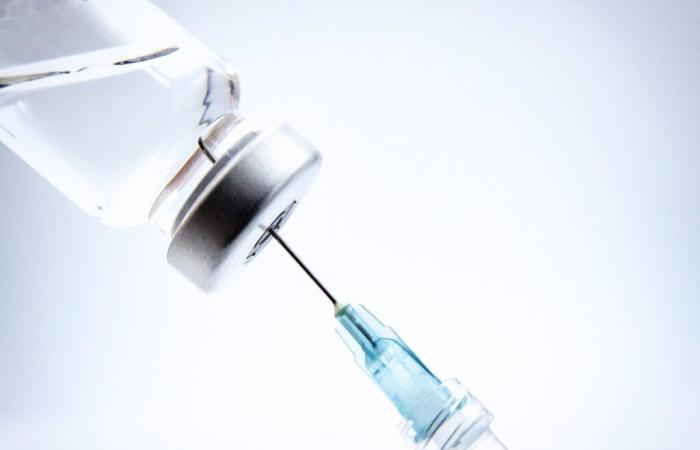MADRID, 6 May. (EUROPA PRESS) –
Herpes is a common viral infection caused by herpes simple herpes virus (VHS), which is presented in two main forms: type 1 (VHS-1), which usually causes sores in the mouth or ‘lip herpes’, and type 2 (VHS-2), which is mainly associated with genital herpes. Although it has no cure, the virus can be kept inactive in the body for long periods and reactivate in moments of stress, disease or weakness of the immune system.
Herpes also includes a different form known as Herpes Zóster or Solebrilla, caused by the reactivation of the Vecicela-Zóster virus-the same that causes the chickenpox-, and manifests itself as a painful skin eruption that can lead to serious complications, especially in older adults.
Lower risk of cardiovascular events
People who receive a herpes Zóster vaccine have a 23% lower risk of suffering cardiovascular events, including stroke, heart failure and coronary heart disease, according to a study of more than one million people published by the Kyung Hee University, Seoul, South Korea, in the ‘European Heart Journal’.
The protective effect of the vaccine lasts up to eight years and is especially pronounced in men, people under 60 years of age and those with unhealthy lifestyles, such as smoking, drinking alcohol and being inactive.
The study is led by Professor Dong Keon Yon, from the Kyung Hee University Faculty of Medicine, Seoul, South Korea. According to the same, “Herpes Zóster causes a painful cutaneous eruption and can cause serious complications, especially in older adults and people with weakened immune systems. Previous research shows that, without vaccination, about 30% of people can develop Herpes Zoster throughout their lives.”
“In addition to the rash, Herpes Zóster has been related to a greater risk of heart problems, so we wanted to find out if vaccinated could reduce this risk,” the researchers add.
Study in more than one million people
The study included 1,271,922 people 50 years old or more resident in South Korea. The researchers gathered data, as of 2012, about whether people had received the snake vaccine and combined them with data on their cardiovascular health and other factors that can influence health, such as age, sex, economic level and lifestyle.
The vaccine was a lively vaccine against Herpes Zóster, which means it contained a weakened form of the Zóster chickenpox, causing caker. In many countries, this type of vaccine is being replaced by a recombinant vaccine, that is, it contains a protein of the Zóster chickenpox virus.
-The study showed that among the people who received the vaccine, there were 23% less risk of cardiovascular events in general, with 26% less risk of major cardiovascular events (a stroke, a heart attack or death due to heart disease), 26% less risk of heart failure and 22% less risk of coronary heart disease.
The protective effect was stronger in the two or three years after the administration of the Herpes Zóster vaccine, but the researchers discovered that the protection lasted up to eight years.
Professor Yon confirms: “Our study suggests that the Herpes Zóster vaccine could help reduce the risk of heart disease, even in known risk factors. This means that vaccination could offer health benefits beyond the prevention of herpes zoster.”
There are several reasons why the Herpes Zóster vaccine can help reduce heart disease. An infection by Herpes Zóster can cause damage to blood vessels, inflammation and formation of clots that can lead to heart disease.
Preventing reduces its risks
By preventing Herpes Zóster, vaccination can reduce these risks. Our study found greater benefits in younger people, probably due to a better immune response, and in men, possibly due to differences in the effectiveness of the vaccine.
This is one of the broadest and complete studies that has followed a healthy general population for a period of up to 12 years. For the first time, this has allowed us to examine the association between vaccination against herpes zoster and 18 different types of cardiovascular diseases. We were able to take into account other health conditions, lifestyle factors and socioeconomic level, which reinforces the solidity of our findings.
They may not apply to all populations
However, since this study is based on an Asian cohort, it is possible that the results do not apply to all populations. Since the living vaccine against Herpes Zóster is not suitable for all, more research on the recombinant vaccine is needed. Although we perform a rigorous analysis, this study does not establish a direct causal relationship, so the possible bias of other underlying factors should be considered.
Professor Yon and his team also plan to study the impact of the recombinant vaccine to see if it has similar benefits to reduce heart disease.






